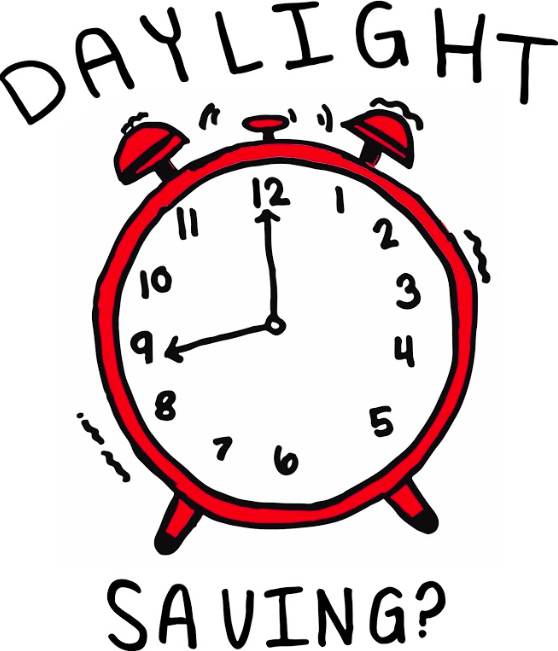Daylight Saving Does Not Save
In the past midterm election, California voters passed Proposition 7 to allow legislation the option to change the current Daylight Saving Time (DST) period to be darker later by a two-thirds vote.
If this change were to occur, students would feel more comfortable leaving classes later. Daylight saving is not beneficial, and the proposition should be ratified by legislators in order to change the daylight saving time period back.
Daylight Saving was created with the intention to have more daylight and conserve energy. With our most recent time change, it only causes more trouble and is dangerous for those getting out of school or work later than 6 p.m. in utter darkness.
According to the Research Institute at the Children’s Hospital Philadelphia, “The fatal crash rate of 16-year-olds is nearly twice as high at night.”
This is due to the darkness and teenager’s inexperience driving at night. With the sun setting at 5 p.m, it puts students with after-school commitments at a higher risk of car accidents.
Daylight saving also does not save energy like it is intended to do. Instead, electricity increases rather than decreasing. With electronics being put to more use now, conserving energy is near impossible.
The National Bureau of Economic Research found that “DST increases residential electricity demand. Estimates of the overall increase are approximately 1 percent, but we find that the effect is not constant throughout the DST period. DST causes the greatest increase in electricity consumption in the fall when estimates range between 2 and 4 percent.”
Daylight Saving is not an advantage and puts some at higher risk of car accidents. The proposition for Daylight Saving should be removed and time should not be pushed back or forward – Daylight Saving does not save.
Your donation will support the student journalists of Portola High School. Your contribution will allow us to purchase equipment and cover our annual website hosting costs.

This year is Giselle’s first year in Journalism, however writing has been a long time passion. Aside from Portola Pilot, she enjoys writing poetry and...




